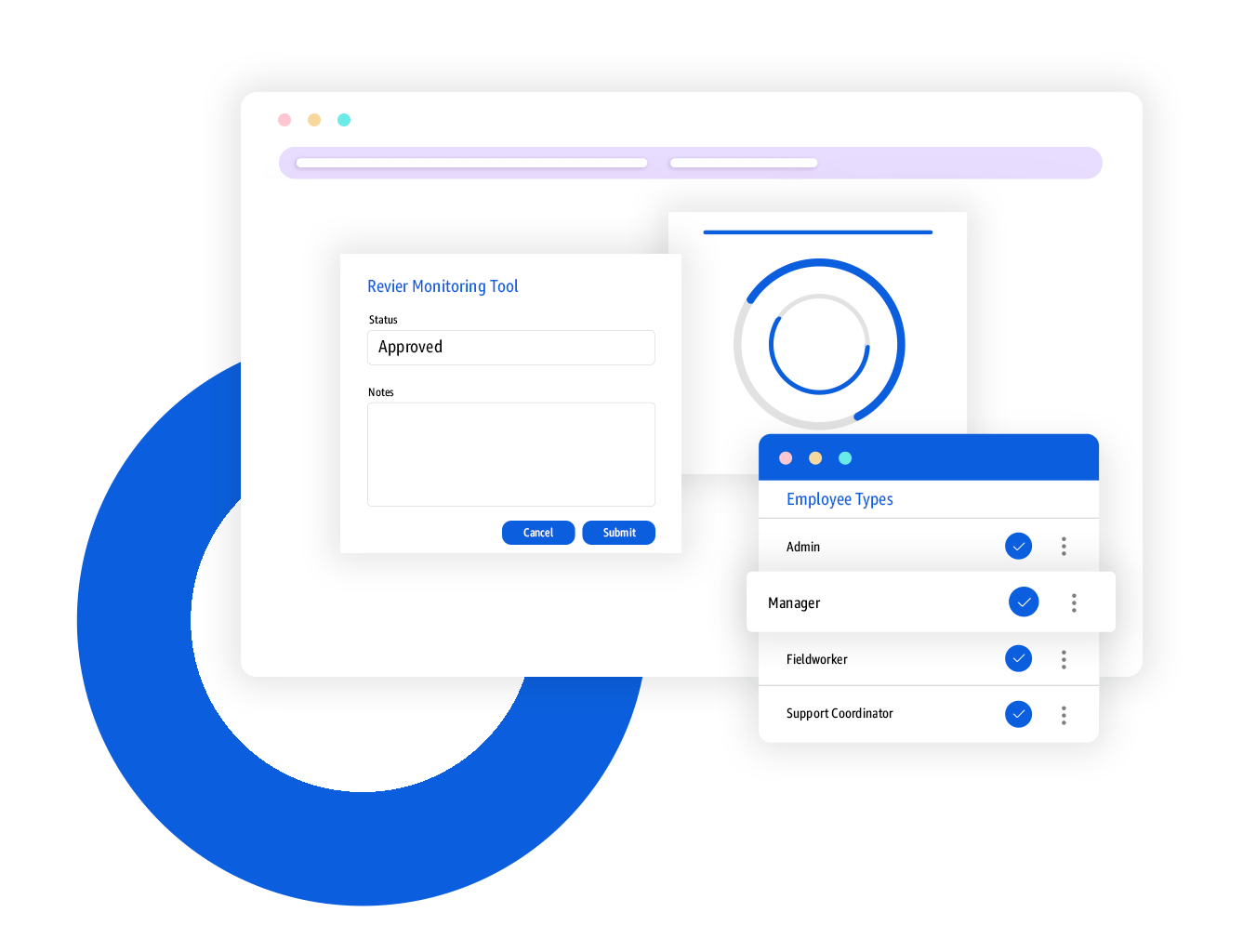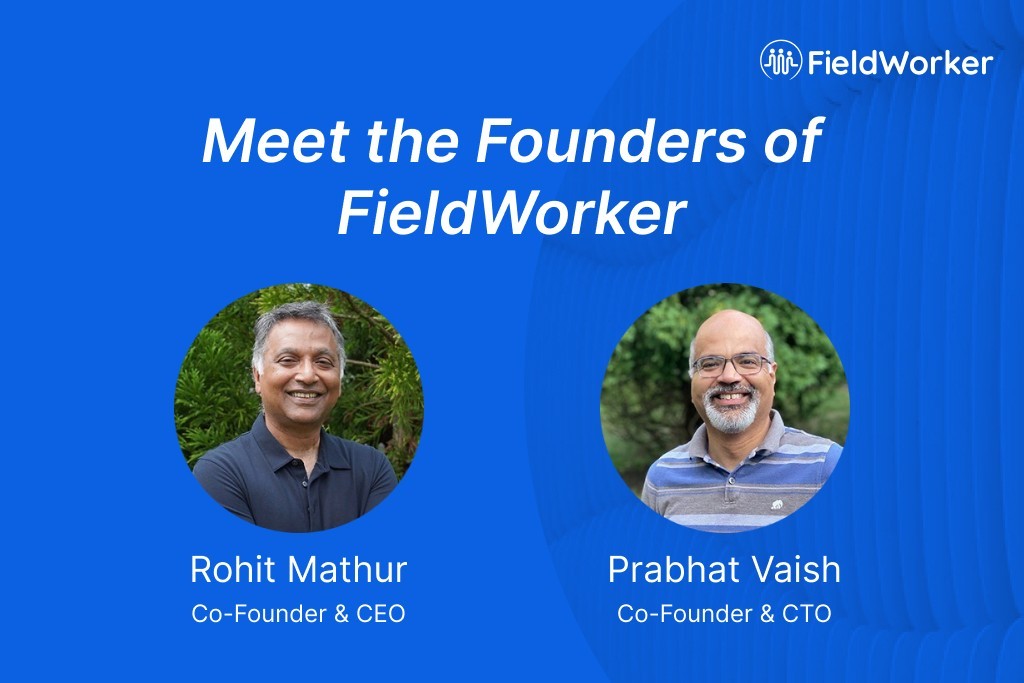Prabhat Vaish and Rohit Mathur are the founders of FieldWorker, realising their vision for a platform that aims to empower those working in social care. Here, they share their backgrounds and their view on the state of tech in social and community care – and how this led them to start FieldWorker.
Background and Work Experience
Rohit:
I have a background in computer science originally and worked for a variety of large corporations – including IBM, Citi and Merrill Lynch – building large-scale tech platforms. However, I have been an entrepreneur in the past, having built and successfully scaled a technology company, so have experience with both corporate and start-up spaces.
One thing we could both see as a gap across all industries were issues arising from an increasingly mobile workforce. This was arguably more acute in the social and community care industry, especially based on our discussions with those working in this space. It’s an industry with a lot of regulation, a lot of changes while also being critically important in delivering care to vulnerable communities.
I also have a sibling who has a developmental disability, so I know first-hand the importance of delivering care when and where it is needed. So we felt there was a dramatic opportunity to really build something to improve the way community care is managed and delivered and to be able to directly impact those receiving care at the end.
Prabhat:
I have a very similar background to Rohit, with the difference that I spent 10 years working for the federal government in India before coming to the US, which means I have that experience working with government-funded projects.
Especially here in the US and in the social care industry, there are constantly changes happening and risks to manage, with changes to regulations and legislation on a state-by-state level. It’s essential for agencies big and small to always be prepared for these changes – and that’s another reason we saw an opportunity here, to help agencies keep up and succeed.
How do you see the state of tech in the social care industry right now?
Rohit:
Health care in the US is fragmented. There are many ways everything can be done, different laws and funding on a federal, state and nation-wide level – with private insurers then adding to the mix.
On the one hand, yes, this does lead to confusion. But there’s an upside – this fragmentation is also the perfect basis for innovation. It’s because there are so many ways to approach things that there are also many ways to improve things and do better.
Of course, in social care, there has been various software for disability services built over the years. There’s also a lot of consolidation of systems that’s happened, for example, government and private systems being patched together to somehow work with each other. However, this means there’s a lot of inefficiencies and gaps – not to mention the fact that these systems are often expensive, making them unaffordable for many smaller agencies.
Prabhat:
Community-based care is also something we see as very important – people receiving in-home care, whereas previously they may have been referred to institutions or centers to receive care. This has only been accelerated by the recent pandemic if anything.
That means it’s not just caregivers themselves that are increasingly important, but also advocates and coordinates who ensure care can be delivered just as well in the community. This is currently an underserved group though when it comes to tech solutions out there.
That’s where with our particular backgrounds in creating large-scale and user-friendly systems in a quick and agile way, we believed we would be able to provide a genuinely valuable system.

